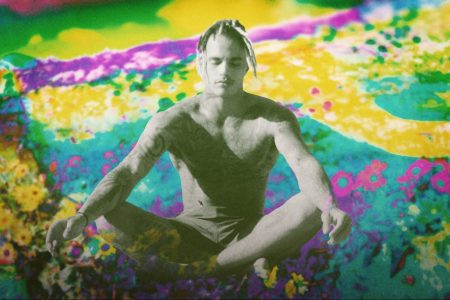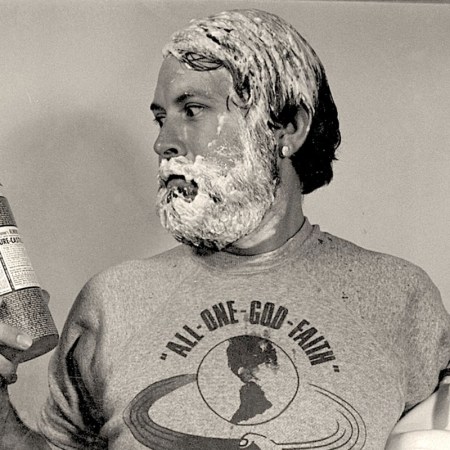It’s not legalization, nor is it decriminalization — but the city of Minneapolis just took a significant step towards making the use of psychedelics more normalized. At least, some psychedelics. As per an executive order issued by the city’s mayor, Jacob Frey, certain psychedelics “shall be the lowest law enforcement priority for the City of Minneapolis” — though it does stress that the order “does not prohibit the exercise of prosecutorial discretion or legalize any unlawful activities” related to the use of such substances.
In other words, if you’re taking psilocybin in the privacy of your own home, you’re probably fine; if you decide to take a hallucinogen and drive recklessly, all bets are off. (Pro tip: if you are hallucinating, do not drive your car, or any car.)
The mayor’s order applies to psychedelics that fall under the heading of entheogenic plants — in other words, plants with a use in a religious or spiritual context. (Which also tends to mean that they have therapeutic use, more broadly.) Among the substances cited in the executive order are psilocybin, ayahuasca and cacti containing mescaline.
Frey’s executive order notes that “the use of Entheogenic Plants” can be useful in addressing ” chronic depression, severe anxiety, problematic substance abuse, post-traumatic stress, end-of-life anxiety, grief, intergenerational trauma, and other physical and mental conditions are present in our City.”
NFL Day-Tripper Kenny Stills Is Embracing the Healing Power of Psychedelics
Stills is the first active NFL player to openly talk about his use of psychedelics, including psilocybin and ketamineAs David Orrick at the Star Tribune points out in an article on the executive order, this moves Minneapolis’s laws in line with what other cities and states are doing — including Seattle, Denver and San Francisco. Orrick also notes that this executive order has one very high-profile supporter: the city’s police chief, Brian O’Hara. Again, it’s not a case of full decriminalization — but it’s certainly a step in that direction.
Whether you’re looking to get into shape, or just get out of a funk, The Charge has got you covered. Sign up for our new wellness newsletter today.


















